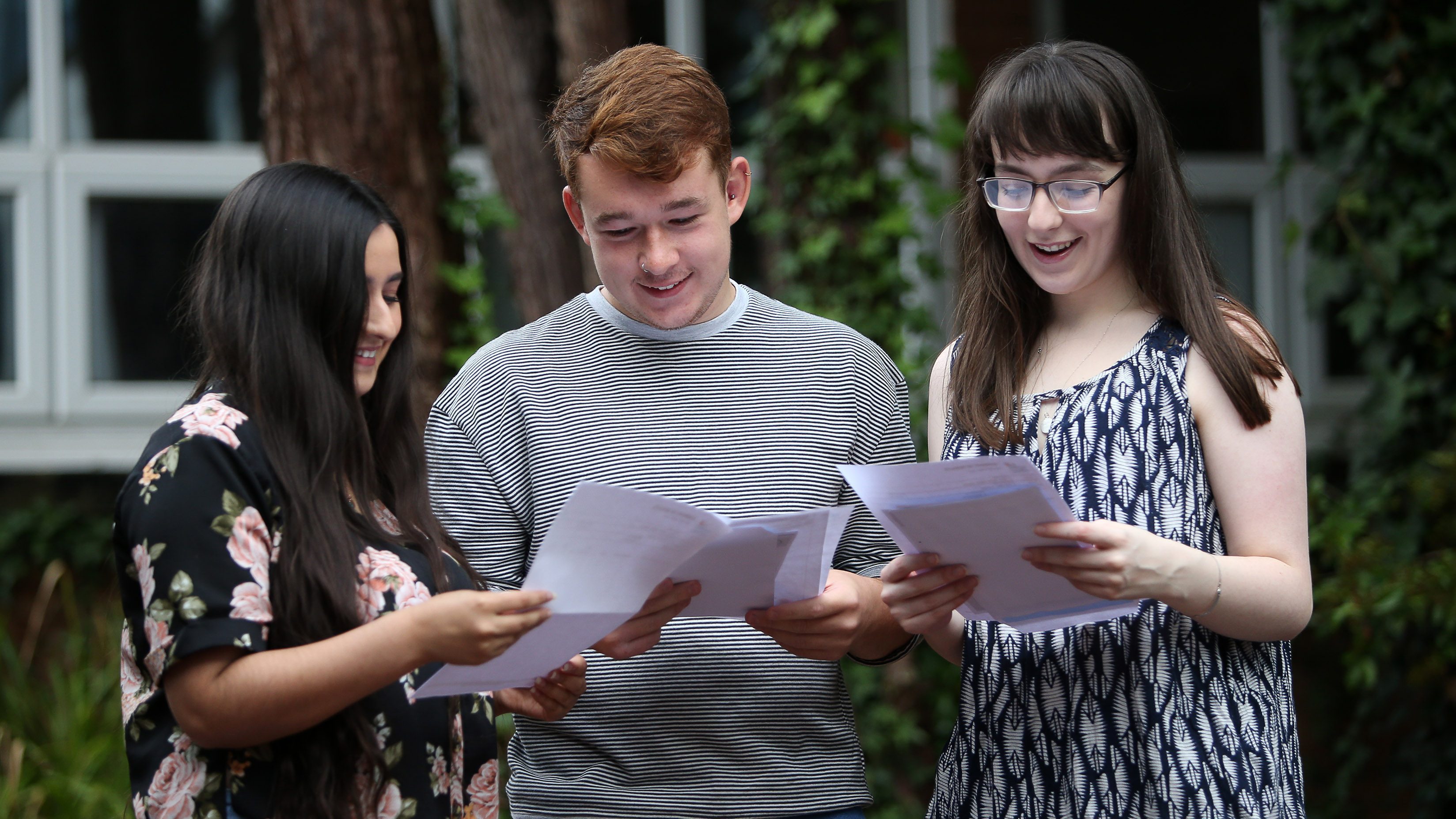Kingston University is yet to confirm if it will stop the controversial practice of giving students conditional unconditional offers.
A conditional unconditional offer is a pre-exam offer where students who make the institution their firm choice have their offer made unconditional.
Chairman for Campaign for Real Education Chris McGovern said: “The financial interests of the University are being placed ahead of its potential students. There is a scramble to fill places rather than to fulfil moral obligations to young people.
“Kingston University and others will suffer long term pain, even closure, for their pursuit of short term gain.”
Universities minister Chris Skidmore is concerned by the excessive use of conditional unconditional offers. The Department for Education wrote to 23 universities asking them to stop the “unacceptable practice”.
It is understood that Kingston is one of a small number of universities who have not responded or taken action to the letter.
A Kingston University spokeswoman declined to comment on this directly but said: “We constantly monitor our recruitment practices and will be reviewing our offer making for 2020 entry.”
She said: “Kingston University is committed to offering places to students with the academic ability to succeed and thrive during their degree studies.
“The University makes unconditional offers by taking into consideration past academic achievement and predicted A-level or BTEC qualifications.”
Two in five
In the last academic year, two in five offers from Kingston made to UK 18-year-old applicants were classified as conditional unconditional.
Office for Students chief executive Nicola Dandridge said: “Whatever admissions practices universities choose to use, they should be clearly aimed at encouraging students to make the decision that is right for them and not the decision that best suits the university.”
Continued use of conditional unconditional offers puts universities at risk of breaching consumer law.
A UCAS survey showed that two-thirds of students receiving a conditional unconditional offer felt positive about them.
UCAS chief executive Clare Marchant said: “Students’ best interests must be the number one consideration for universities and colleges when making offers.
“The use of unconditional offers remains a complex issue and continues to evolve.”
Nationally, the number of UK 18-year-old students receiving conditional unconditional offers has increased to a record high of 25 per cent which is 30 times more than five years ago.
Kingston gave 46.4 per cent of applicants conditional unconditional offers.
Students were grateful
Animation and illustration student Ollie Smallwood was delighted to receive his unconditional offer and said: “To study at Kingston seemed like a distant, unattainable dream [before].”
Accounting and finance with business experience student Charlie Ann considered dropping out of sixth form in her second year, but an unconditional offer from Kingston University reassured her.
“I stuck with it and completed my A-level exams, and even though I did not do particularly well I am still at a university doing a course I actually like,” she said.
Fine art student Charlie Lucas said unconditional offers could put students off working hard, but she thought that it is not a big enough problem to stop them altogether.
“I was pretty relieved when I got an unconditional offer because it meant less stress in getting a good grade on my foundation course.
“Exams are a lot of pressure and for some of that stress to be taken away [by unconditional offers] makes it a lot less anxiety-inducing for students,” she said.

